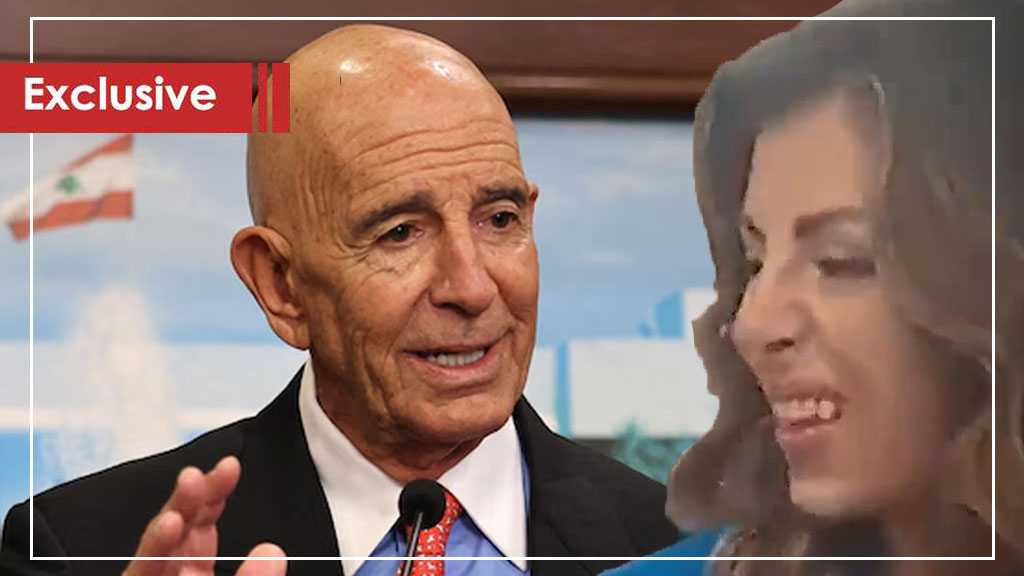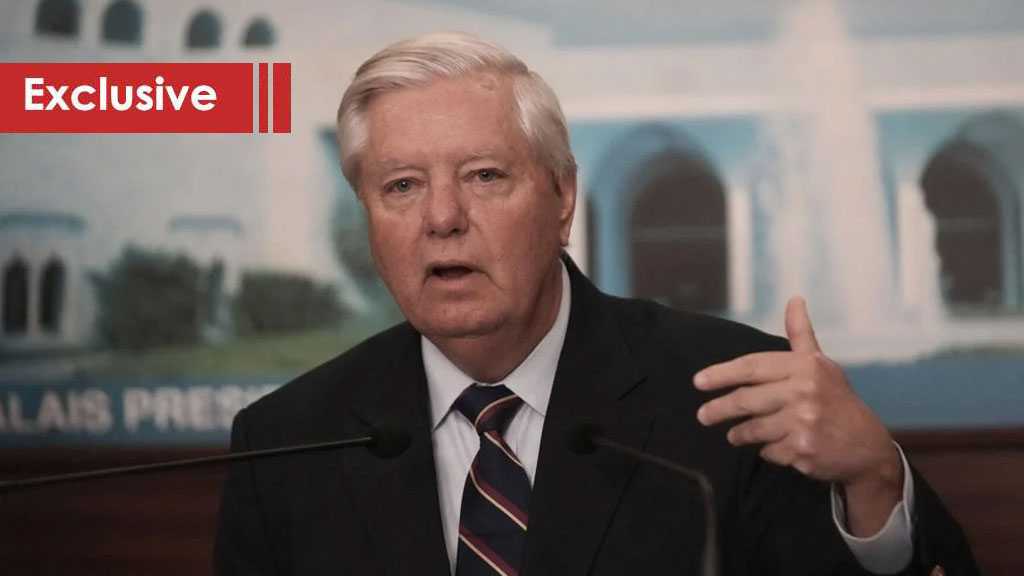Foreign Custodianship in Lebanon: From Ottoman Proxies to American Envoys

By Mohammad Al-Husseini
Lebanon — According to historical accounts, Emir Fakhr al-Din succeeded his father Othman—who had inherited the position from his own father—as governor of the Shouf Emirate and later Mount Lebanon, after defeating the Mamluks at the Battle of Marj Dabiq in 1516. In return for his loyalty and deference to the Sublime Porte’s authority, he was granted the title "Sultan of the Land."
Fakhr al-Din’s goals were to consolidate Ottoman rule, collect taxes and suppress any movements advocating independence. However, when he began gaining power and establishing communication with European nations—against the Sultan’s wishes—Sultan Selim dispatched forces to destroy him. After his death in 1544, power passed to his son Qorqmaz, who was later assassinated in 1584 by Egypt’s governor, Ibrahim Pasha, after rival emirs accused him of raiding a caravan transporting tax revenues from Egypt and Palestine to Istanbul. Fakhr al-Din II then rose to leadership.
Initially, the new ruler appeared to follow in the footsteps of his predecessors. He successfully unified several principalities along the Levantine coast by adhering to the Sublime Porte’s directives, and was widely praised as "the founder of modern Lebanon." But like those before him, he soon deviated, using trade as a cover to reach out to Tuscany and the then-powerful Spain. In return, the Europeans provided him with aid, ushering in a period of economic prosperity in Lebanon and the surrounding region.
However, Europe’s interests were far from altruistic. After the Crusades, these nations sought to regain lost influence in the East. They saw in Fakhr al-Din an opportunity and entered into alliance with him—offering money, weapons, and political support. Pope Paul V even issued a papal decree urging the Maronites of Lebanon to support him against the Ottomans. With this European backing, Fakhr al-Din rebelled and fought a battle near Majdal Anjar in 1623, where he captured Mustafa Pasha, the Ottoman governor of Damascus. Eventually, Sultan Murad IV launched a large-scale military campaign, captured Fakhr al-Din, and executed him in Istanbul. At the peak of his power, Fakhr al-Din's domain extended from Aleppo to El-Arish in northern Sinai.
This episode exemplifies a recurring pattern in Lebanon’s history: foreign alliances, often disguised as nationalist ambitions, have repeatedly led to weakness rather than independence. Even if we assume that Fakhr al-Din held nationalist aspirations, the path he chose and its outcomes transformed Lebanon into a territory of foreign influence, not sovereignty. After the Ottomans overthrew him, Europe abandoned him, and imposed colonial rule over Lebanon, Syria, and Palestine.
Lebanon thus passed from Ottoman governors to French High Commissioners and eventually to the humiliating Mutasarrifiyya system—justified by claims that the Lebanese were incapable of self-rule, a narrative that continues today. Despite its nominal "independence," Lebanon remains under foreign custodianship.
A new “High Commissioner” for the Republican government, Morgan Ortagus, arrived in Beirut last week to replace her Democratic predecessor, Amos Hochstein. Both are openly supportive of “Israel” and aligned with Zionist circles. Ortagus, after meeting top Lebanese officials while wearing the Star of David both visibly and subtly, hosted ministers, MPs, and so-called "sovereign activists" at the US Embassy in Awkar. Her final stop was with Samir Geagea in Maarab, where they reviewed past and future actions aligned with both declared and concealed agendas. Ortagus reiterated Washington’s extreme demands—which have triggered global instability and trade wars—with the aim of enforcing “Israeli” conditions and advancing US domination in Lebanon. Her conduct was widely seen as dismissive of Lebanese sovereignty and flagrantly disrespectful of diplomatic norms.
In response, Lebanon’s three top leaders issued a unified and unequivocal statement rejecting Washington’s attempt to destabilize the country through calls to disarm the resistance. In reality, this demand only reinforces “Israel’s” continued violations of UN Security Council Resolution 1701—whether through its ongoing occupation of five Lebanese points or its repeated attacks on civilians in the South and in Beirut’s southern suburbs. Even UNIFIL and the Lebanese Army have not been spared. “Israel” has only escalated its aggression due to the international monitoring committee’s US-led inaction in the face of these crimes. Consequently, Hezbollah’s leadership, through Secretary General His Eminence Sheikh Naim Qassem, issued a stern warning: the Resistance still abides by Resolution 1701—but this could change if the Lebanese state fails to confront “Israel” diplomatically. Disarming the Resistance is not an option. Full stop.
Observers noted that the psychological pressure campaign preceding Ortagus’s visit aimed to incite unrest within Lebanese society, especially among supporters of the Resistance. The goal is to tie Hezbollah’s disarmament to post-war reconstruction. Three strategies appear likely to be employed to sustain this pressure:
First, continued “Israeli” strikes aimed at undermining deterrence and generating instability.
Second, using the pretext of strengthening the national army to apply direct US pressure on Lebanese officials to disarm the resistance, bypassing Resolution 1701. Third, fueling internal conflict through factions loyal to the United States, seeking to entrench Lebanon’s political divisions along sectarian lines.
Hope lies with patriotic Lebanese citizens who reaffirm their national identity by rejecting narratives echoed by local factions promoting US-“Israeli” rhetoric that pushes normalization or so-called peaceful coexistence.
It also resides in the unwavering commitment of the Resistance community to armed struggle as the only viable means of defending the homeland, liberating occupied territory and prisoners and reclaiming national rights—an ethos reaffirmed after every “Israeli” assault.
Perhaps the most absurd argument is the claim that “Israeli” crimes are merely “reactions” to the existence of the Resistance and its weapons. As if this logic somehow justifies the killer’s crimes and calls for the victim’s surrender. Those promoting this narrative should revisit recent history—from Fakhr al-Din to the present—lest Lebanon suffer repeated tragedies under successive occupations. For where there is occupation, there is no sovereignty.




